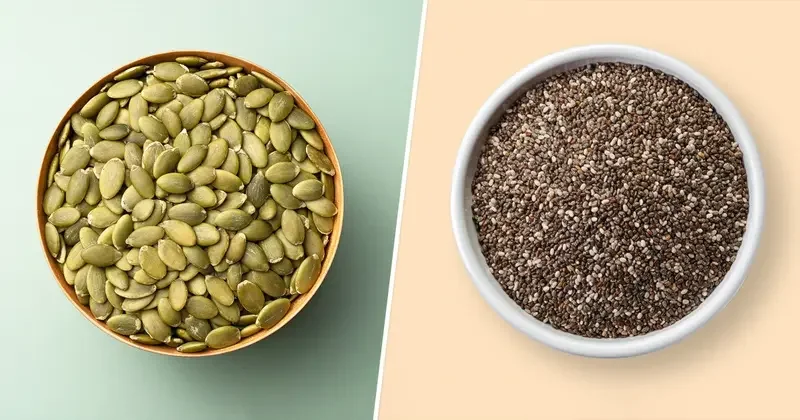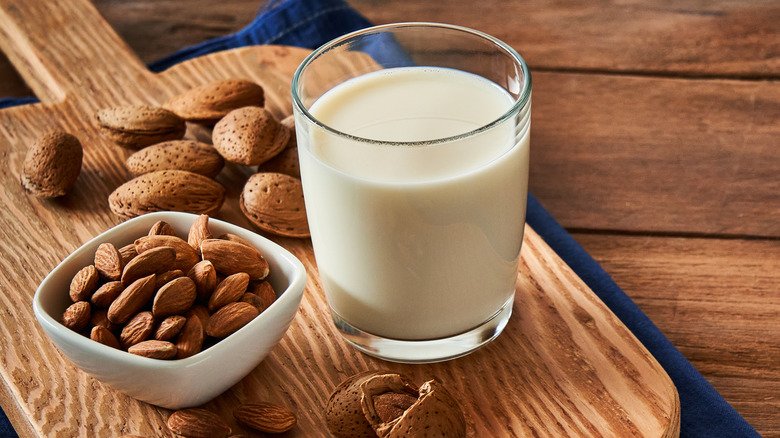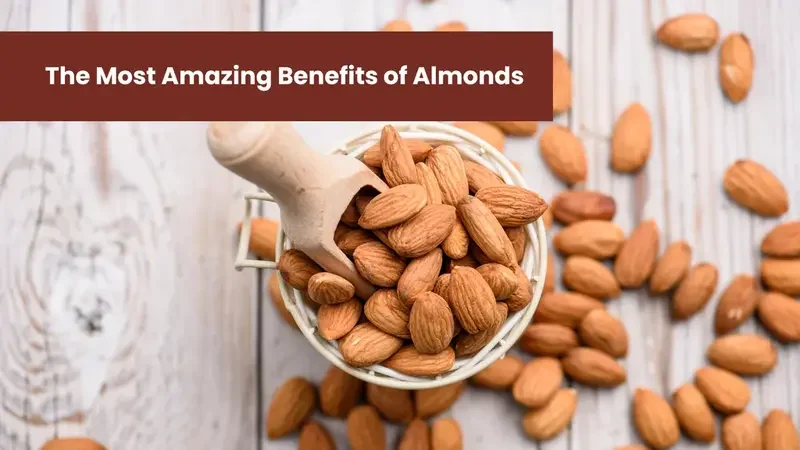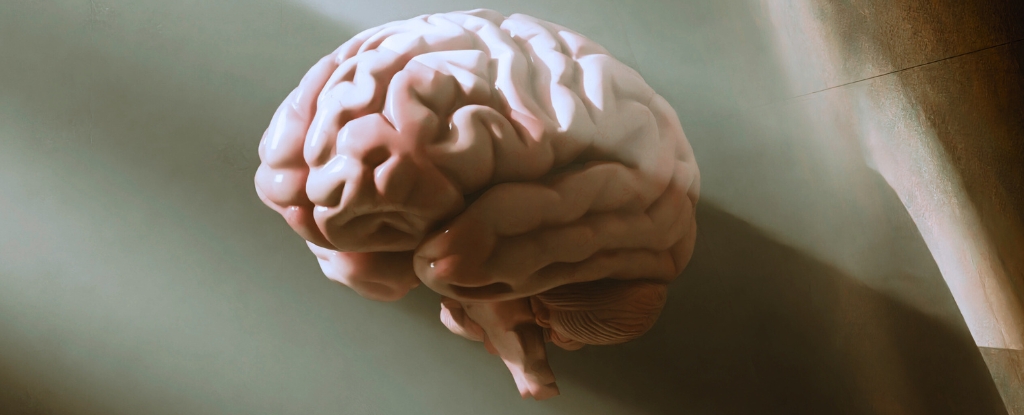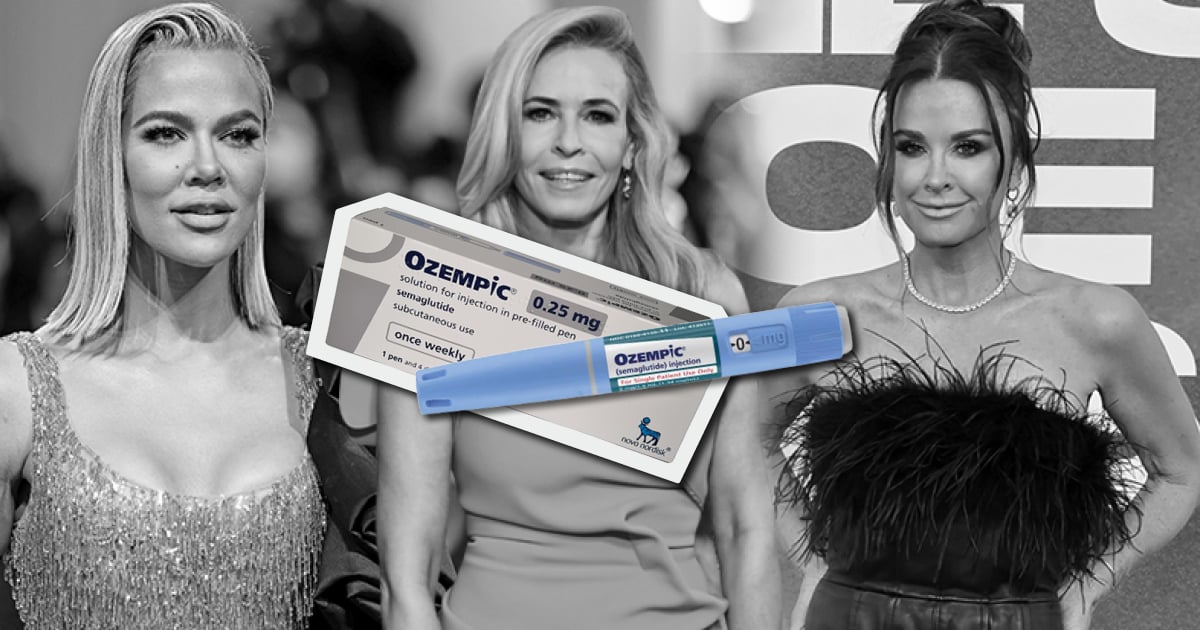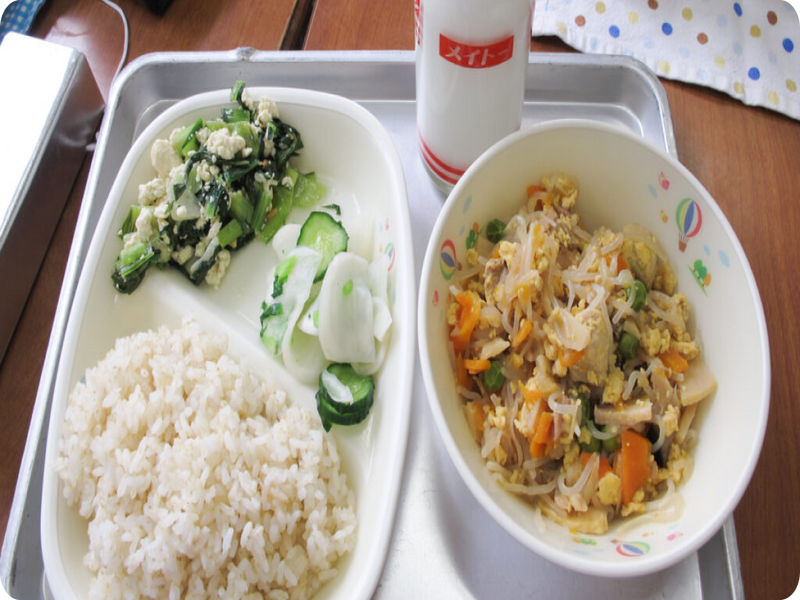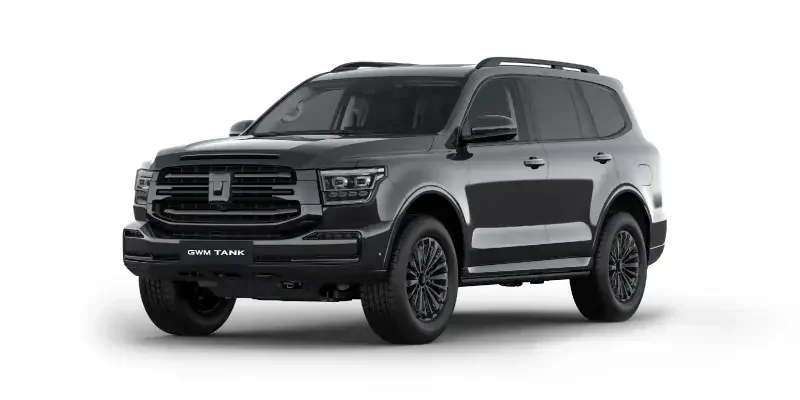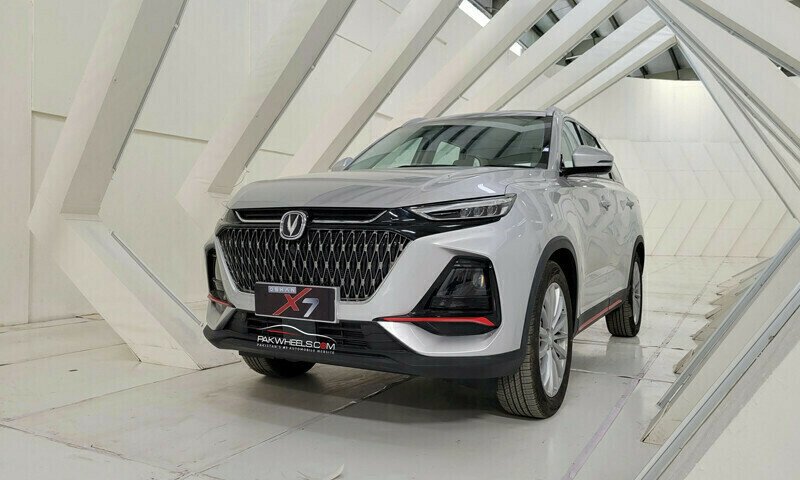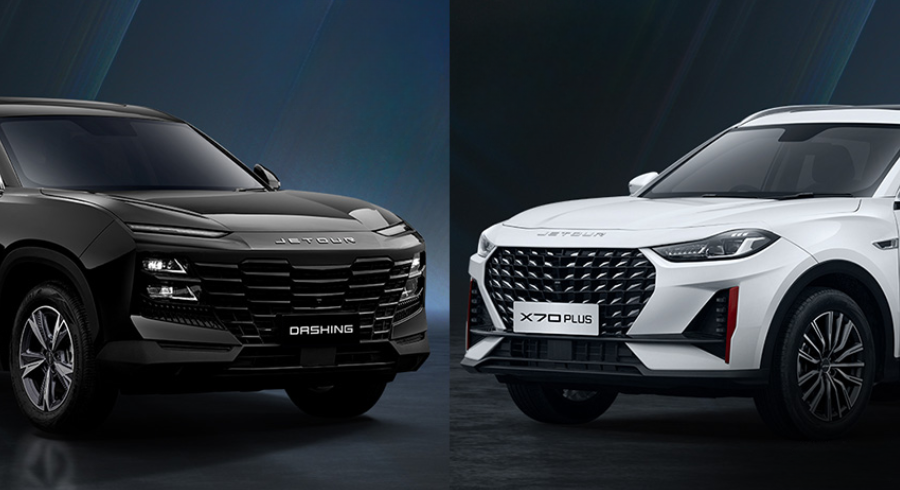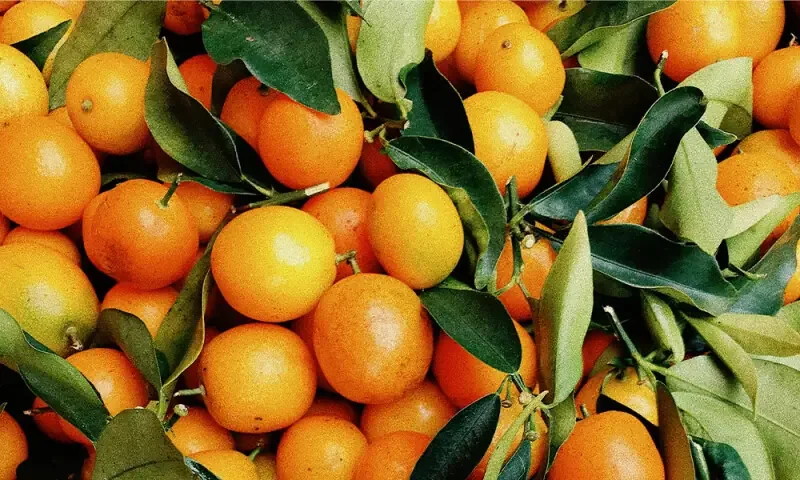When comparing chia seeds and pumpkin seeds for their nutritional value, both are excellent additions to a healthy diet, though each offers unique benefits depending on your individual health goals. Chia seeds are particularly rich in fiber and calcium, making them ideal for those looking to improve digestion, blood sugar balance, and bone health. In contrast, pumpkin seeds are higher in protein and magnesium, which support muscle function, cellular repair, and energy production.
One ounce of chia seeds contains about 10 to 11 grams of fiber, significantly more than the 2 grams found in the same amount of pumpkin seeds. This high fiber content makes chia seeds a strong choice for anyone trying to increase satiety, regulate blood sugar levels, and support digestive health. Additionally, chia seeds provide over 200 milligrams of calcium per ounce, which contributes to bone strength and tissue flexibility. They’re also a plant-based source of omega-3 fatty acids, known for their benefits to cardiovascular and brain health.
On the other hand, pumpkin seeds contain roughly 9 grams of protein per ounce, nearly double the amount found in chia seeds. This makes them particularly beneficial for those looking to increase their protein intake to support muscle repair and immune function. They also offer slightly more magnesium—about 150 milligrams per ounce compared to chia’s 111 milligrams—which plays a key role in nerve and muscle function, as well as in managing blood pressure and blood glucose levels. Pumpkin seeds are also a good source of vitamin E, which is known for its antioxidant and anti-inflammatory properties.
Both seeds provide similar amounts of zinc and iron, which are essential for immune support and oxygen transport in the blood. Choosing between the two often comes down to personal health priorities. Chia seeds are excellent for supporting cardiovascular, digestive, and bone health, while pumpkin seeds are valuable for protein, mineral support, and improving sleep and prostate health.
Rather than choosing one over the other, incorporating both chia and pumpkin seeds into your diet can offer a broader spectrum of nutrients. However, it’s important to consume chia seeds safely. When eaten dry, they can absorb liquid and expand, potentially leading to digestive discomfort or a choking hazard. To avoid this, soak chia seeds before consuming or mix them into moist foods like yogurt, smoothies, or oatmeal.
If you're building a diet focused on fiber intake, bone health, or plant-based omega-3s, chia seeds are a strong choice. For protein, magnesium, and overall mineral support, pumpkin seeds may be the better fit. Ultimately, combining both can maximize their individual health benefits while adding variety to your meals.

